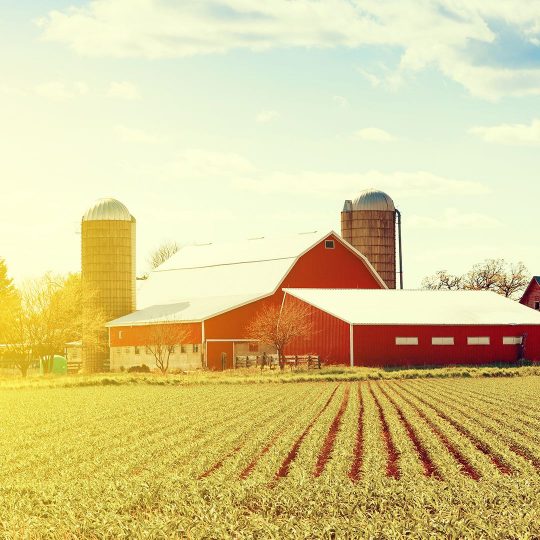How Natural Minerals are Shaping the Future of Farming

Farming and agriculture is essential in many ways. Not only does it provide food for restaurants, grocery stores, and tables around the world, but it provides ingredients for a wide variety of plant-based products. Because plants have such vital properties, robust growth and crop yields are extremely important. So much so that some farmers have been known to use any means necessary to ensure a plentiful harvest. However, this is not always done naturally. The use of chemicals to boost production and/or prevent pests and disease have been linked to negative side effects.
Luckily, there are more eco-friendly alternatives. Natural minerals are shaping the future of farming in many positive ways. From improving soil health to promoting nutrient-dense crops, minerals such as diatomaceous earth and perlite are contributing to sustainable farming practices that benefit the farmers, consumers, and environment.
How Minerals Benefit Farming
Minerals already come from the earth, making them more sustainable already. These mined materials offer the following benefits to plants and the farming process:
- Soil conditioning. Lightweight, porous minerals improve soil structure by creating air pockets for drainage, aeration, nutrient uptake, and water retention.
- Nutrient availability. Minerals absorb nutrients from the soil and slowly release them to help ensure crops get the right balance.
- Healthy growth and resilience. Nutrient-rich soil is healthy enough to resist stress from certain environmental factors.
- Yield and quality. Healthy plants produce more high-quality crops.
From starting and sowing seeds to harvesting from a field or container, it all starts with healthy soil. By adding minerals to soil mixes, you’re giving your plants a sustainable boost.
Supporting Sustainable Farming
Adopting sustainable farming techniques may seem difficult for commercial growers. However, given the benefits and efficiencies of natural methods versus the complications of chemical alternatives, it’s worth considering. Even if you’re not a farmer, there’s something you can do to help support sustainable farming.
- Precision agriculture. Focus on adding minerals to achieve a specific goal. Different types of minerals work differently at various stages of gardening, whether you’re starting seeds or growing in containers. Optimizing nutrient delivery benefits the crops while minimizing waste.
- Invest in natural and organic products. This includes everything from soil mixes and animal feed to food you put on your own table. Let supply and demand do the rest. When the need for synthetic fertilizers and pesticides decrease, so does the release of harmful chemicals into the air and water supply.
- Use resources efficiently. Since minerals can help improve a soil’s ability to retain water, this helps reduce irrigation needs.
- Boost productivity. Minerals that help improve soil health, boost agricultural yields, and contribute to the growing needs of the global population, especially for vital crops like wheat, corn, and rice.
By enriching soil with essential mineral-rich nutrients, you help improve its structure which benefits plants, increases yields, and reduces negative environmental impact. Minerals are the key to sustainable practices that can positively shape the future of farming.
Join Our Mailing List
Our blog offers insight and information about new and exciting uses for perlite, diatomaceous earth, and vermiculite deriving from years of research and application. From passive fire resistance to mineral depth filtration, by subscribing to our mailing list, you will receive the latest information surrounding the Dicalite, Dicaperl, and Specialty Vermiculite brands and products.